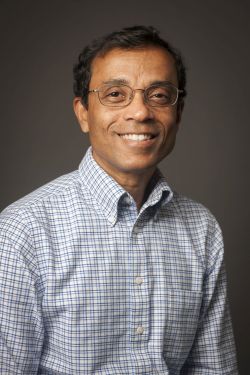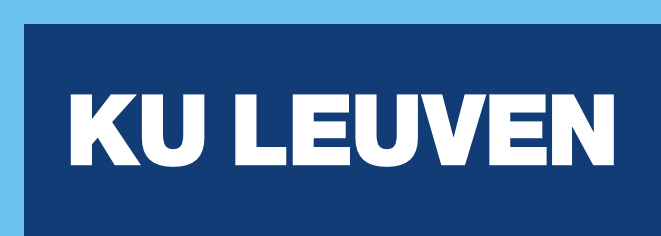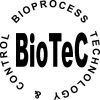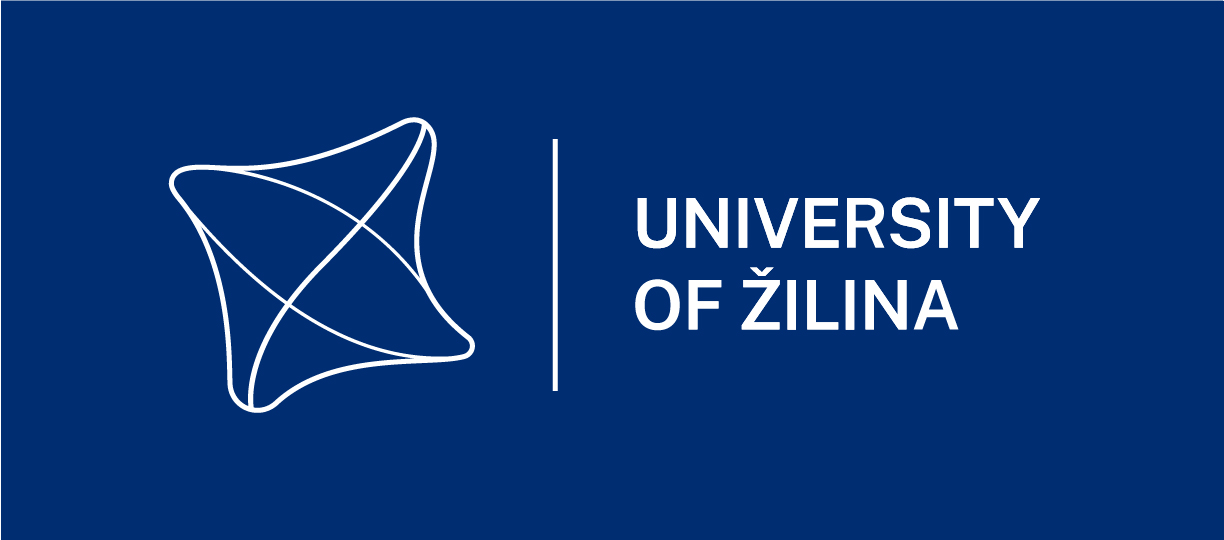Workshop
Food Physics and Modeling: Take Your Teaching and Learning to the Next Level
Tuesday April 9
Why this workshop
While model-based understanding of food physics and its applications to computer-aided manufacturing is expanding rapidly, educational programs to prepare a future workforce well-versed in modeling have roadblocks. This workshop should provide a quantum leap in resources for anyone interested in modeling (from beginning students all the way to experienced educators and for industry personnel), by providing comprehensive physical frameworks, instructional resources and approaches, and a walkthrough of the modeling process. I will showcase pedagogically rich, modularized, active learning-enabled, multistage content that can effectively accommodate a wide range of learner backgrounds and interests that have been developed with funding from the US Dept. of Agriculture.
There will be two parts to the presentation: 1) for the educators, and 2) for the learners.
For the educators, I want to share how, using the modules, existing courses can be greatly enhanced, or new courses can be developed with minimal effort using a hybrid format, on food physics and modeling.
The modular, but connected content, enables a mix-and-match approach. I will show examples of successful implementations of both the food physics content and food processing modeling and discuss successes and challenges.
For the learners, starting from the big picture of frameworks -- the simplest to the most complex -- we will focus on the framework that treats food as porous media with multiphase/multicomponent transport due to diffusion,
capillary pressure, swelling pressure, and gas pressure, with shrinkage/expansion driven by moisture change and internal pressure. Mechanistic frameworks for food quality and food safety will complement the porous
media framework. Case studies will include successes and challenges in multiphysics applications.
Target audience
- Beginner and advanced learner (industry and academia) in physics and modeling of food processes
- Any food engineering teaching faculty wishing to supplement with food physics modules and modeling
- Anyone interested in modeling transport processes in biomaterials

Cornell University
Ithaca, New York
USA






